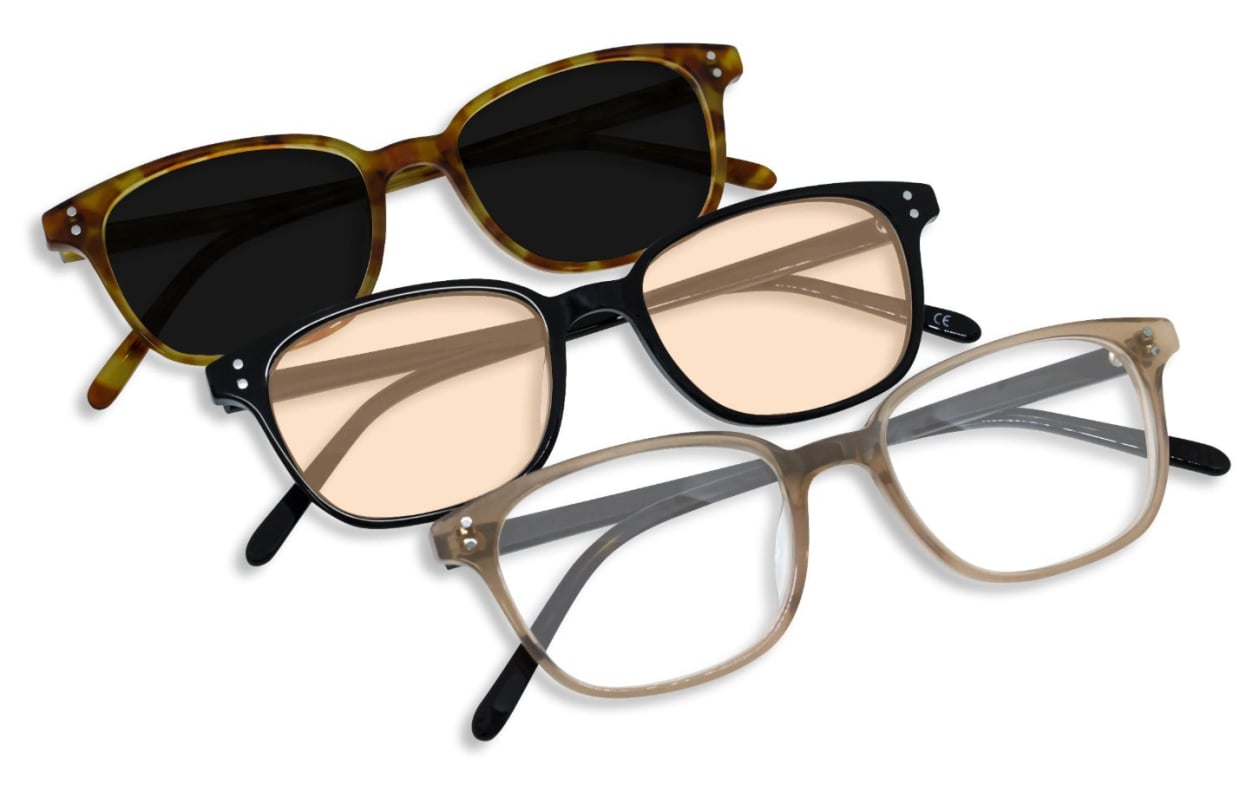The Materials Breakdown: Acetate, Metal, Titanium, and More
The material of your eyeglass frames is a critical decision that impacts not only their appearance but also their weight, durability, comfort, and cost. From classic plastics to advanced metals, each material offers a unique set of properties. Understanding these differences is key to selecting frames that will feel good on your face, stand the test of time, and align with your lifestyle. This detailed breakdown will explore the most common materials, helping you make an informed choice.
Acetate, a plant-based plastic, is one of the most popular and versatile frame materials available. It is renowned for its rich, deep colors and ability to hold intricate patterns and translucency. Unlike cheaper injection-molded plastics, acetate is typically sheet-based and handcrafted, allowing for greater aesthetic detail. It is also hypoallergenic, durable, and can be adjusted easily by an optician. Over time, its color does not fade, and it offers a substantial, high-quality feel that many wearers appreciate.
Another plastic option, often confused with acetate, is Cellulose Propionate. This is a nylon-based, injection-molded plastic that is exceptionally lightweight and flexible. It is often used in sports eyewear and frames designed for all-day comfort. While it may not have the same deep color saturation as acetate, it is very durable and hypoallergenic. Its flexibility makes it a great choice for those with an active lifestyle or for children's frames, as it can withstand more bending than rigid materials.
When it comes to metal frames, Monel is a common and affordable nickel-copper alloy. It is strong, resistant to corrosion, and can be easily soldered for repairs, making it a workhorse in the optical industry. However, its main drawback is that it contains nickel, a common allergen for many people. For those without nickel sensitivities, Monel frames offer a classic metal look with good durability and a wide range of style options at a accessible price point.
For the ultimate combination of strength and lightness, Titanium is the gold standard. This premium metal is incredibly robust, corrosion-resistant, and hypoallergenic, making it ideal for those with sensitive skin. Frames made from titanium are exceptionally lightweight, often allowing you to forget you're even wearing glasses. There are different grades, such as pure titanium and beta-titanium, which offers even more flexibility. While it commands a higher price, its longevity and comfort make it a worthwhile investment for many.
Stainless Steel is another excellent metal choice, known for its high resistance to rust and tarnishing. It shares some properties with titanium, such as strength and a sleek, modern appearance, but is generally more budget-friendly. It is often alloyed with other metals to enhance its flexibility and is commonly used in thin, minimalist frame designs. For those seeking a durable, low-maintenance, and hypoallergenic metal frame without the premium cost of titanium, stainless steel presents a fantastic alternative.
Finally, modern innovation has introduced a range of specialized materials. For instance, TR-90 is a super-flexible and ultralight plastic polymer that is virtually indestructible, often bouncing back to its original shape after being bent. Aluminum frames offer a unique, modern aesthetic with a cool touch and are typically milled from a solid block, allowing for precise, architectural designs. Understanding these options empowers you to choose a frame that is not just a style statement, but a perfect match for your daily needs and physical comfort.
